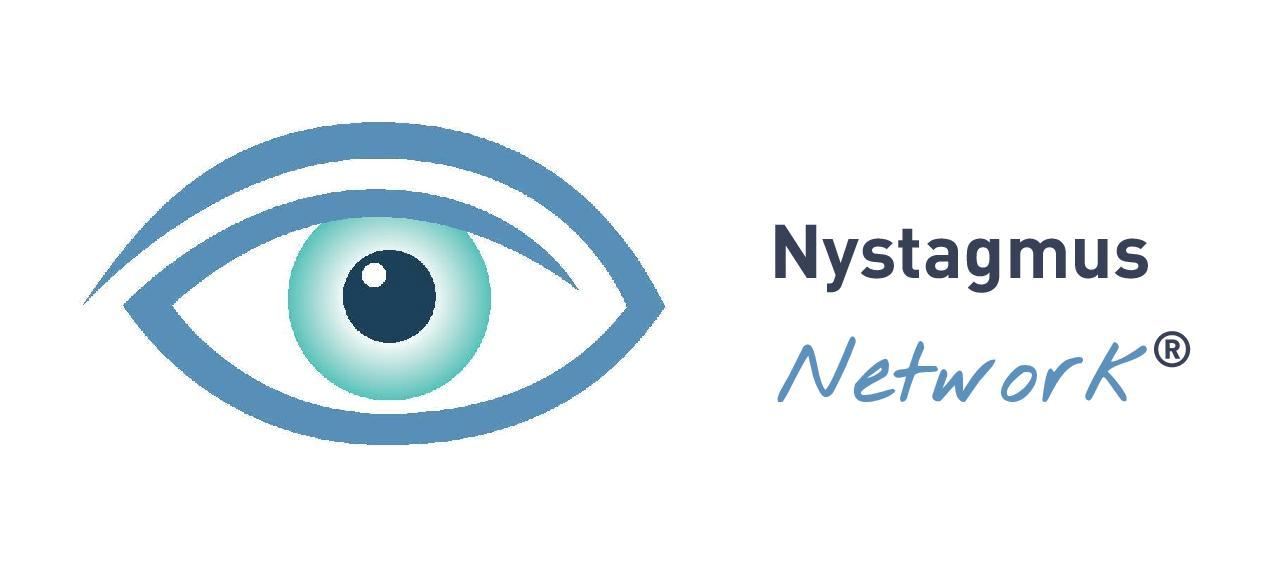The Nystagmus Network is currently funding pioneering research at the University of Sheffield which could really help improve the quality of life of people who acquire nystagmus in adulthood.
Acquired Nystagmus is usually accompanied by oscillopsia, which means that the subject sees a moving image rather than a stable one. This is a particularly disorientating and debilitating symptom of this form of nystagmus.
Dr Helen Griffiths and her team have tapped into virtual reality technology to develop glasses which allow a patient with oscillopsia to see a stable image.
You can try the prototype at Open Day!




